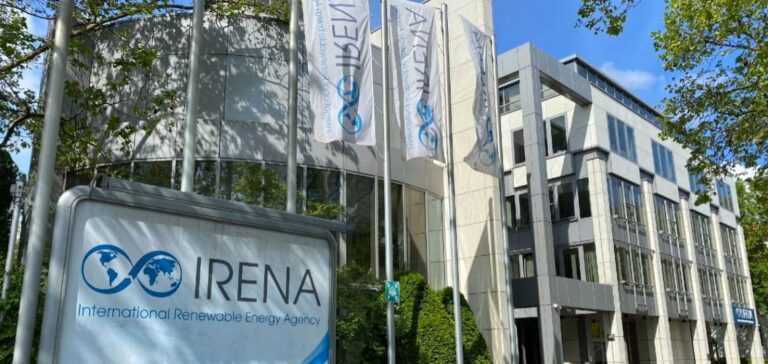The IRENA believes that renewable energy targets are insufficient to meet the 1.5°C target by 2050. The report is entitled Renewable Energy Targets in 2022: A Guide to Design.
Limiting the rise in temperatures
The IRENA report (International Renewable Energy Agency) is taking part in COP27. This report assesses the level of ambition for renewable energies in national climate commitments. IRENA examines the targets in relation to the global climate objective of limiting temperature rise to 1.5°C.
According to the study, renewable energies are at the heart of the energy transition. Gold sollowing the Paris Agreement, only 12 countries are committed to meeting their targets. These targets represent a percentage of renewable energies in their overall energy mix.
IRENA estimates that half of the energy consumed in 2050 will come from electricity. According to the report, 90% of decarbonization will be achieved through the transition to renewable energies. This means providing low-cost electricity, improving energy efficiency, electrification, sustainable bioenergy and renewable hydrogen.
An attainable goal
Despite the Glasgow Pact aimed at improving the 2030 targets in national commitments, measures remain insufficient. Thus, according to this report, achieving the targets set for 2050 depends on the implementation of measures applied in 2030. However, the new IRENA analysis reveals that by 2030, countries are aiming to reach 5.4TW of installed renewable capacity.
This represents only half of the 10.8TW needed according to IRENA’s 1.5°C scenario. So, to reach zero emissions, the targets for 2030 would have to double. However, the IRENA Report considers this target to be entirely achievable.
To meet the current target, countries need to deploy 259GW per year. over the next nine years. However, the Covid19 crisis led to supply chain disruptions. However, the target is achievable as countries deploy an additional 261GW worldwide every year.





















